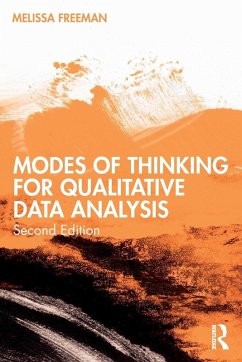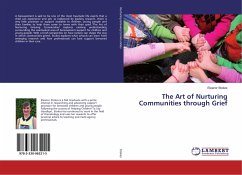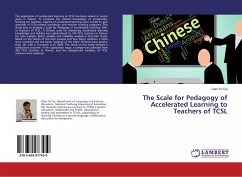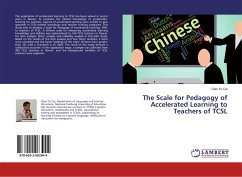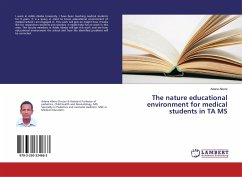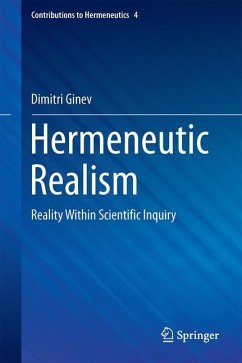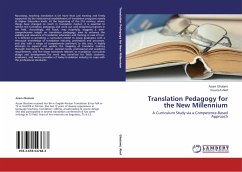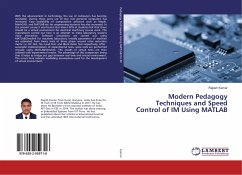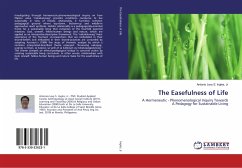
The Easefulness of Life
A Hermeneutic - Phenomenological Inquiry Towards A Pedagogy for Sustainable Living
Versandkostenfrei!
Versandfertig in 6-10 Tagen
34,99 €
inkl. MwSt.

PAYBACK Punkte
17 °P sammeln!
Investigating through hermeneutic-phenomenological inquiry on how Filipino value "nakakaluwag" provides conditions conducive to live sustainably in view of holistic relationality, it furnishes common pedagogical ground where top-down, bottom-up and middle-in approaches reach synthesis. Holistic relationality is a pedagogically-oriented frame for a sustainable living that comprises of the fourfold essential relations: God, oneself, fellow-human beings and nature, which are applied as an interpretive-descriptive framework. The "nakakaluwag" lived-experience of the fourteen co-researchers that ar...
Investigating through hermeneutic-phenomenological inquiry on how Filipino value "nakakaluwag" provides conditions conducive to live sustainably in view of holistic relationality, it furnishes common pedagogical ground where top-down, bottom-up and middle-in approaches reach synthesis. Holistic relationality is a pedagogically-oriented frame for a sustainable living that comprises of the fourfold essential relations: God, oneself, fellow-human beings and nature, which are applied as an interpretive-descriptive framework. The "nakakaluwag" lived-experience of the fourteen co-researchers that are embedded in their shared-beliefs and embodied in their shared-practices are unraveled by adapting Aronson's (1994) five steps of thematic analysis by which a common interpreted-described theme emerged: "Anumang nakapag-uugnay sa Diyos, sa kapwa, sa sarili at sa kalikasan ay nakakapagpaluwag." This theme compels an ethical-pedagogical bridge in concrete action by creating sustainable livingcurriculum. In other words, relationships with God, oneself, fellow-human beings and nature make for the easefulness of life.



